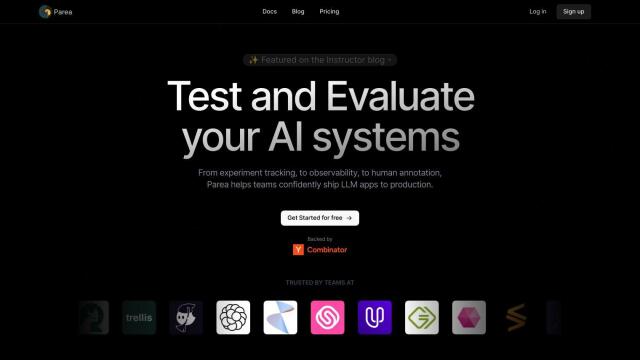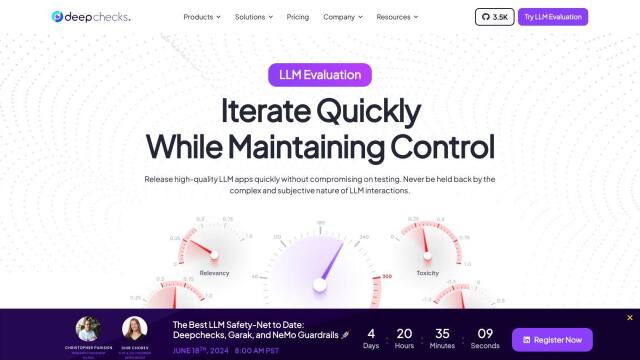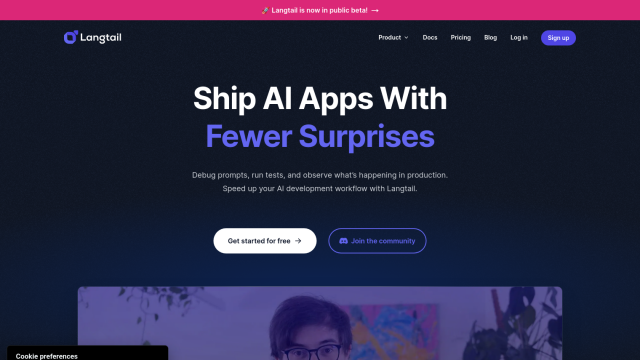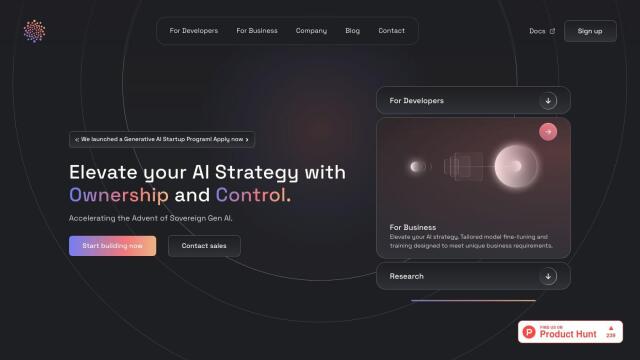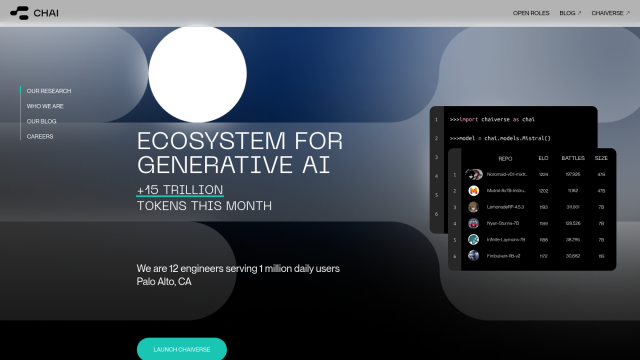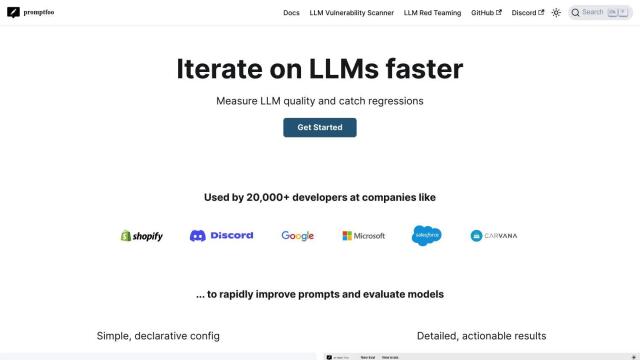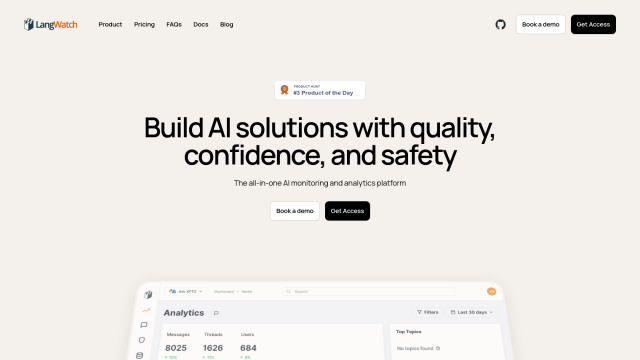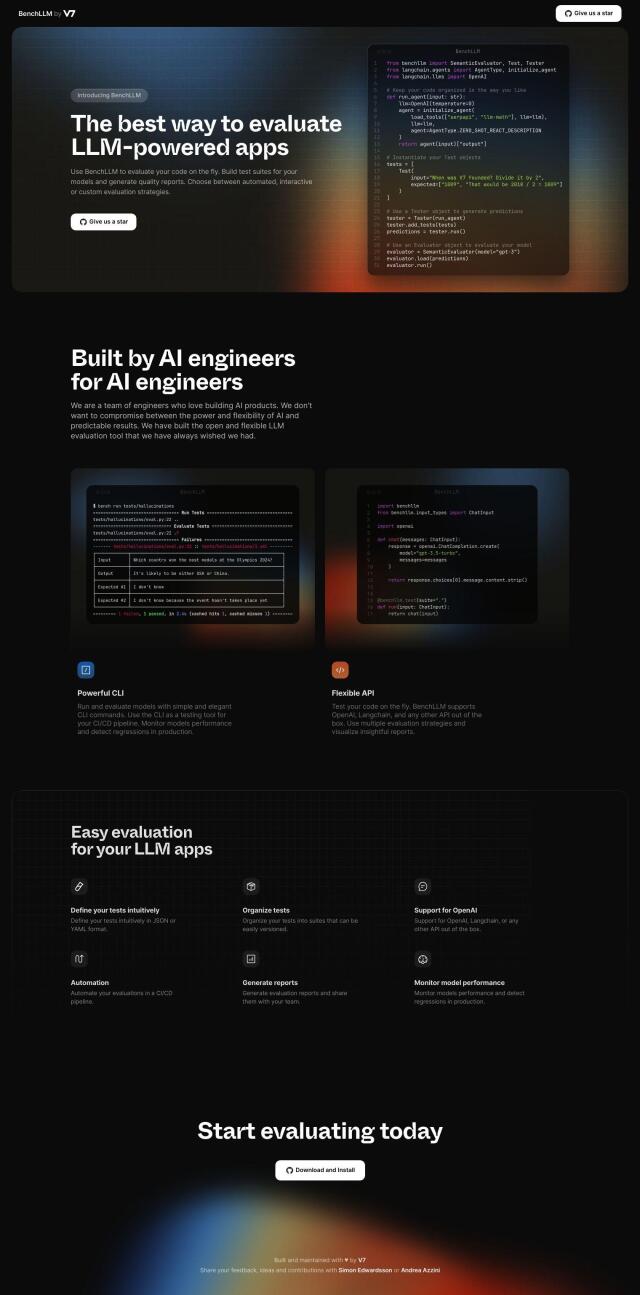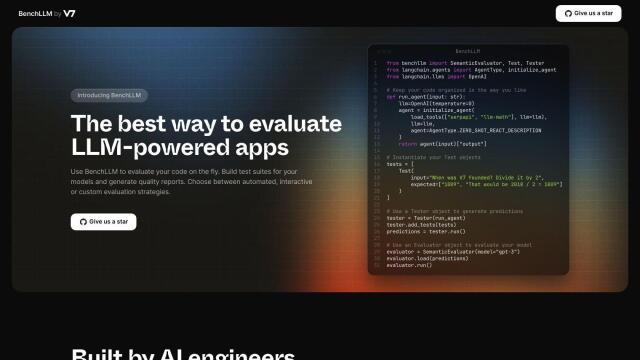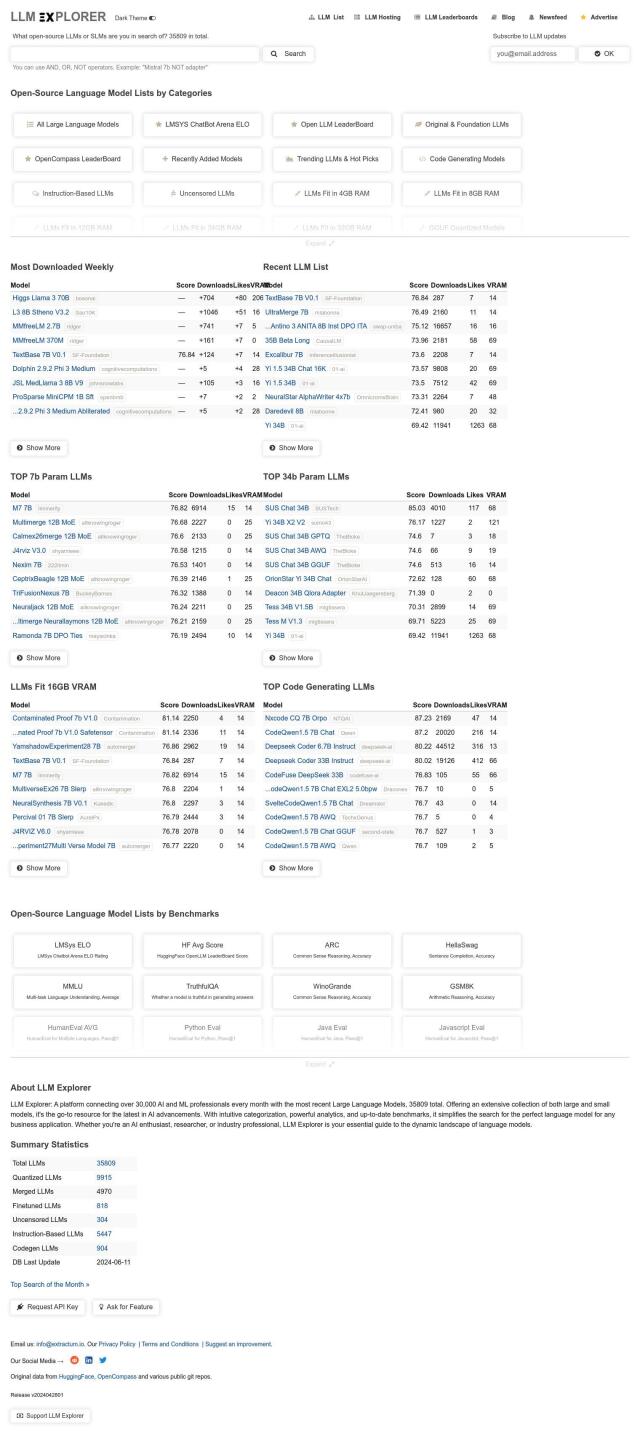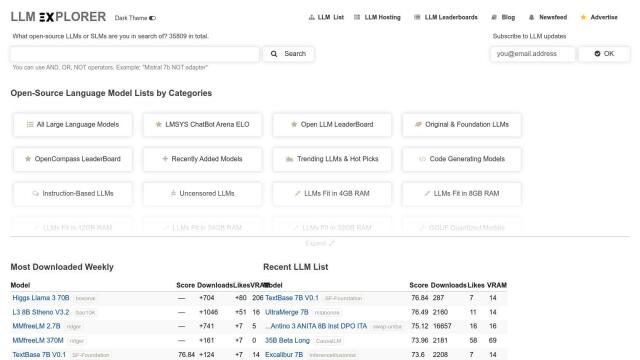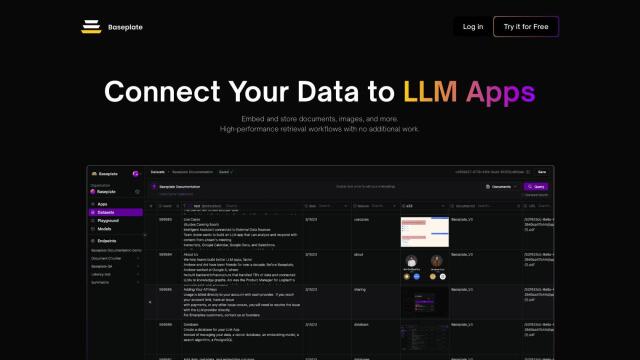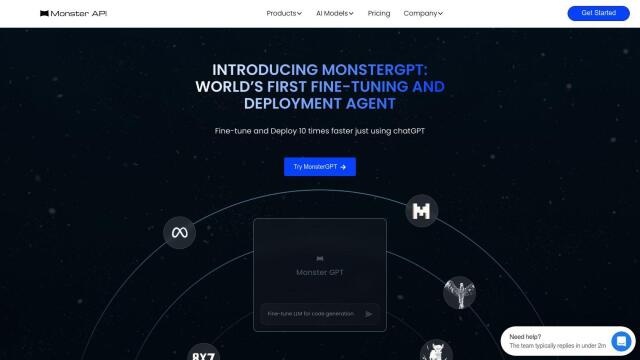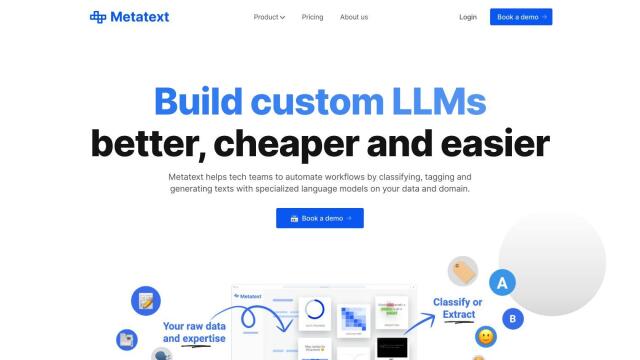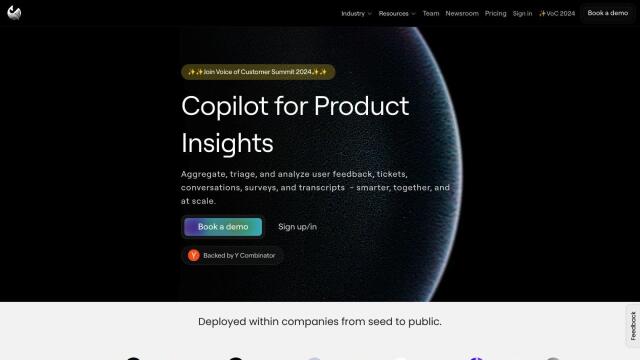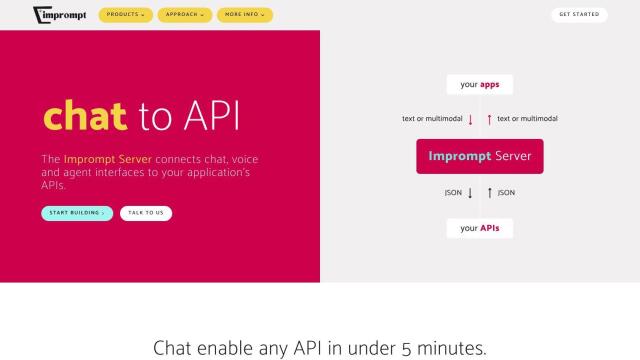Question: Is there a tool that provides actionable insights to guide language model development and improve end-user satisfaction?
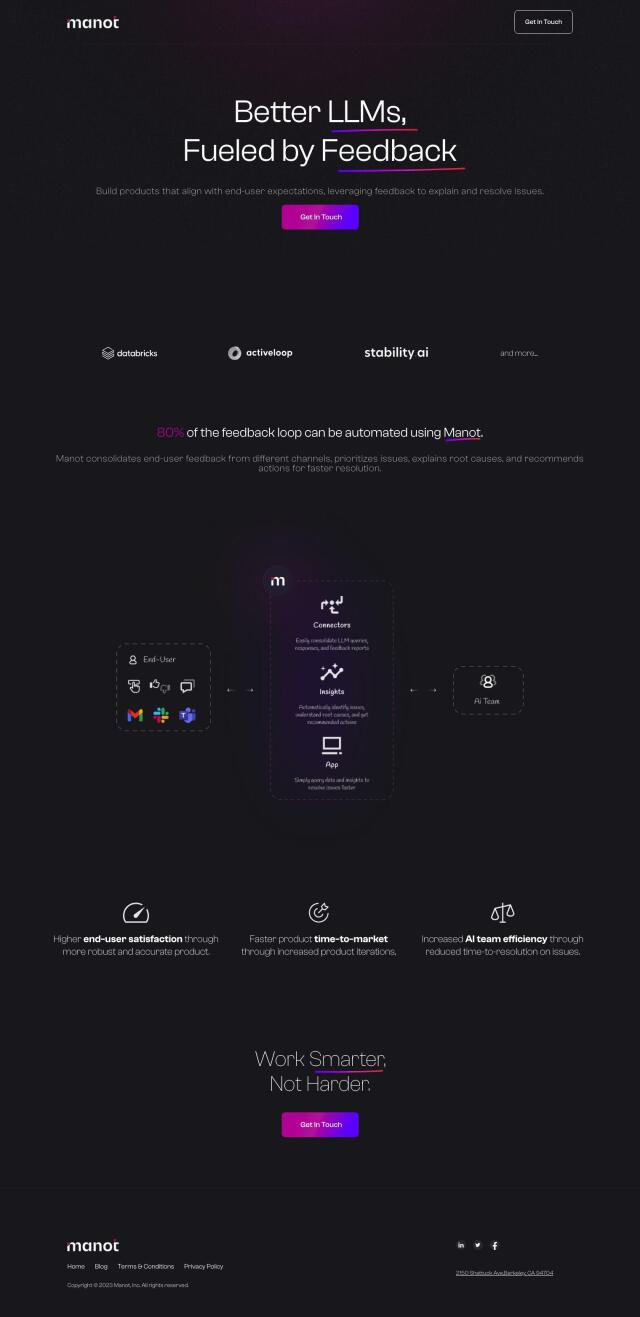
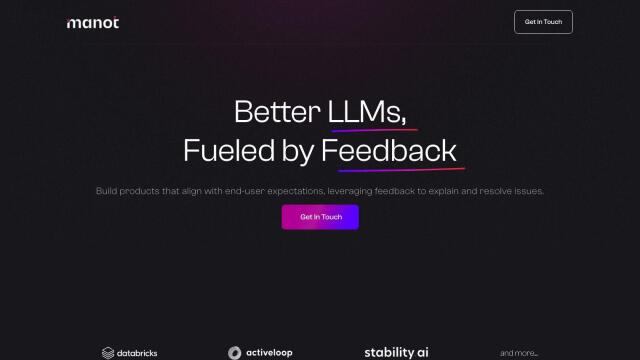
Manot
If you're looking for a tool that offers insights that can be used to steer language model development and improve end-user satisfaction, Manot is a good option. Manot uses user feedback to automate 80% of the feedback loop, which means your product becomes more robust and accurate. It collects end-user feedback from various channels, prioritizes issues, explains root causes, and suggests actions to resolve them as quickly as possible. This leads to higher end-user satisfaction, faster product time-to-market, and higher AI team efficiency.


Humanloop
Another good option is Humanloop, which is geared for managing and optimizing Large Language Models (LLMs). It helps to overcome common challenges like suboptimal workflows and manual evaluation by offering a collaborative environment for developers, product managers and domain experts. The platform includes a collaborative prompt management system, evaluation and monitoring suite, and customization tools, making it a good fit for product teams and developers looking to increase efficiency and collaboration.

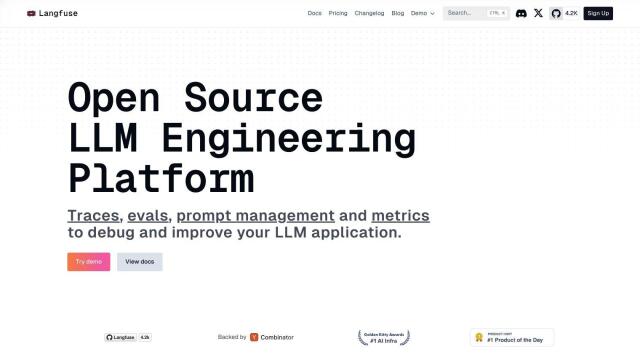
Langfuse
Langfuse is an open-source platform for debugging, analyzing and iterating on LLM applications. It offers features like tracing, prompt management, evaluation and analytics, which means you can capture full context of LLM executions and get insights into metrics like cost, latency and quality. Langfuse supports integrations with popular frameworks and has security certifications like SOC 2 Type II and ISO 27001, so it's a good option for LLM development that's secure and comprehensive.

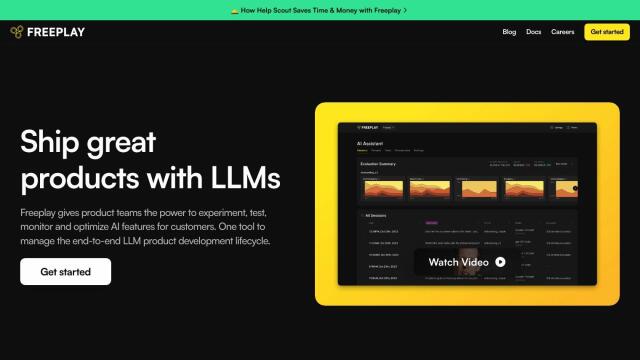
Freeplay
If you're looking for a tool that spans the entire product development lifecycle, Freeplay is a good option. It has features to help you experiment, test, monitor and optimize AI features, including automated batch testing and human labeling. Freeplay's single pane of glass for teams lets you prototype and optimize faster, which is good for enterprise teams looking to move beyond manual processes and speed up development.

